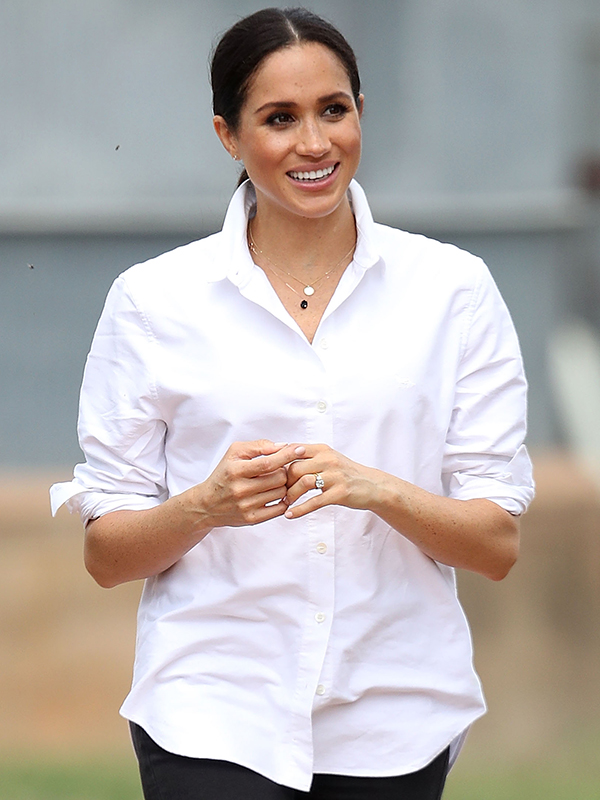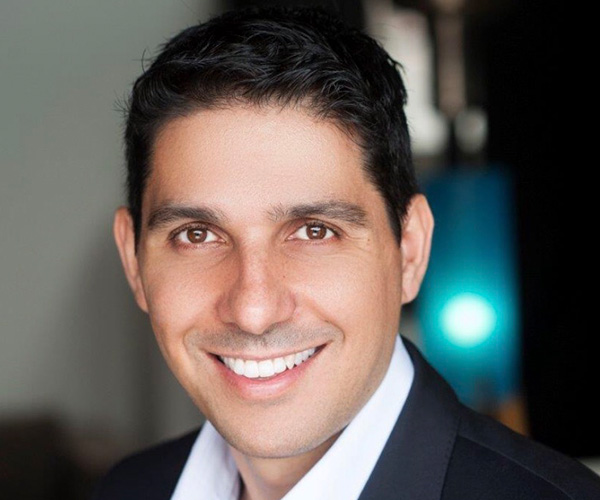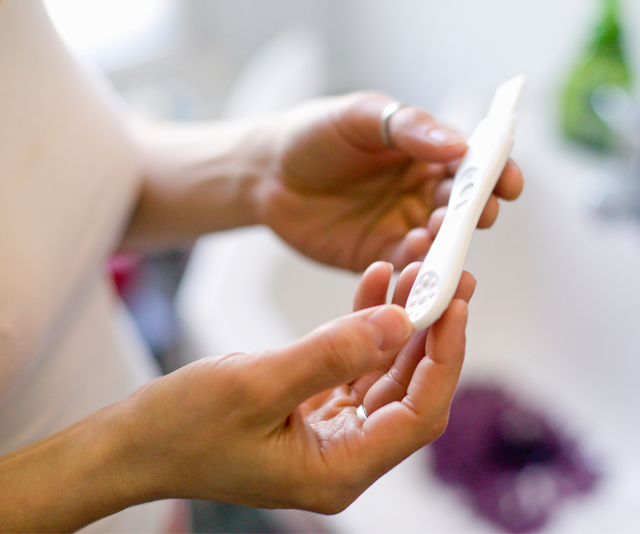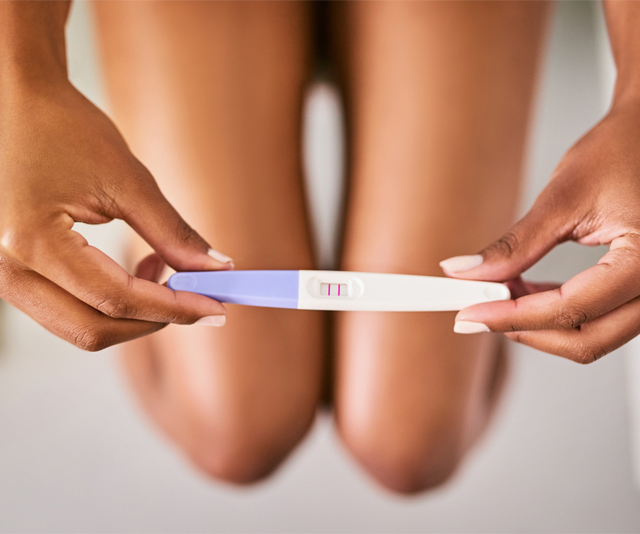Prince Harry and Duchess Meghan are set to become parents for the first time, and while we cannot wait to see that adorable bub (or bubs if twins are on the cards), there is one thing that must be taken into consideration.
At 37, Meghan is one of the older royal mums, so the Palace will be taking extra precautions to make sure she has a healthy pregnancy with no complications.
But unlike the rest of us, who don’t have leading specialists and doctors on stand-by, what does it mean if we fall pregnant or are trying to conceive over the age of 35?
Like the former Meghan Markle, many women are choosing to put starting a family on the back burner while they pursue other things like career and travel first. In fact, according to the most recent Australia’s Mothers and Babies report from the federal govenment, the average age of all women who gave birth was 30.3 in 2015 and continues to rise, compared with 29.7 in 2005.
Speaking exclusively to Now To Love, fertility expert Dr Joseph Sgroi lifts the lid on what it means to be an older than average mum.

The Duchess of Sussex will be a first-time mum at 37 and will be one of the older royal mums. (Image: Getty Images)
Despite more women choosing to start a family later in life, unfortunately, biology hasn’t caught up with the times. In fact, Dr Joe says there’s a decline from around the age of 30.
“Below 30 the chance of conception is around 20-25 per cent per month. By 35, that it is around 17 per cent per month and by 40, around 8-10 per cent per month,” he says.
Another blow is that becoming a mum over 35 means more risks, though it ultimately depends on any underlying medical conditions the woman has.
“Mothers over the age of 35 have an increased chance of pregnancy related diabetes and high blood pressure. This can sometimes lead to babies smaller and larger than average.”
But it’s not all bad news – babies born to mothers over the age of 35 have better neurodevelopment outcomes. So we can expect a brainy royal baby!
READ MORE: 8 celebrities get hilariously real about motherhood.

Dr Joseph Sgroi tells us the facts on conception over the age of 35. (Image: Supplied)
Did Meghan have special fertility treatment?
Meghan isn’t the oldest royal mum, Countess Sophie of Wessex was 38 and 42 respectively when she gave birth to Lady Louise Windsor and James Viscount Severn. And Princess Alice, the Queen’s aunt by marriage, became a first time mum just before turning 40. But is special treatment required once you hit a certain age when you’re part of the British Royal Family?
Generally speaking, no fertility treatment is required once a woman hits 35. But if you and your partner have been trying for six months, that’s when you should go to your GP and be referred to a fertility specialist.
So what does an expert like Dr Joe think about the conception of the royal baby, natural or was there some medical help?
“It would be too difficult to speculate on this – her pregnancy should be celebrated and the journey to get there not scrutinised,” he says.
“That said, assuming as a newly married couple they were having timed sexual intercourse around ovulation and that the sperm met the egg, then natural conception would have been the likely result.”
READ MORE: When is Duchess Meghan’s due date and all your other burning royal baby questions answered.
Meghan is said to be in “good health” and recently had a positive 12-week scan, which means the baby was conceived between the royal tour of Ireland in July and Meghan’s 37th birthday on August 4th.
WATCH: Five year-old Luke Benson can’t resist giving Meghan a hug. Post continues…
When is it ‘too late’ to have a baby?
Of course, it’s important to be physically, financially and emotionally ready, should you want to conceive a child. But Dr Joe also says that things do start to slow down with age, with the chances of natural conception dropping rapidly after 40. That’s why many women resort to IVF.
“In my own practice I have a second time mum who has conceived naturally at the age of 45. Limitations on when she might be able to access IVF using her own eggs is around the age of 45 because the likelihood of success from IVF at that age is less than 1 per cent.”
But that said, depending on health, women can become mums older than you may think.
“If a woman had no medical conditions that might impact on her own health or that of a developing baby then accessing donor eggs up until the age of 52 is reasonable – remembering the child will have older parents and the impacts that may have on them later in life,” says Dr Joe.
Want to know how to naturally induce labour? You’re in luck.
Remember, if you are having trouble conceiving and want to learn more about your fertility, see your GP.

Depending on health factors, women can conceive in their fifties! (Image: Getty)
.jpg)
